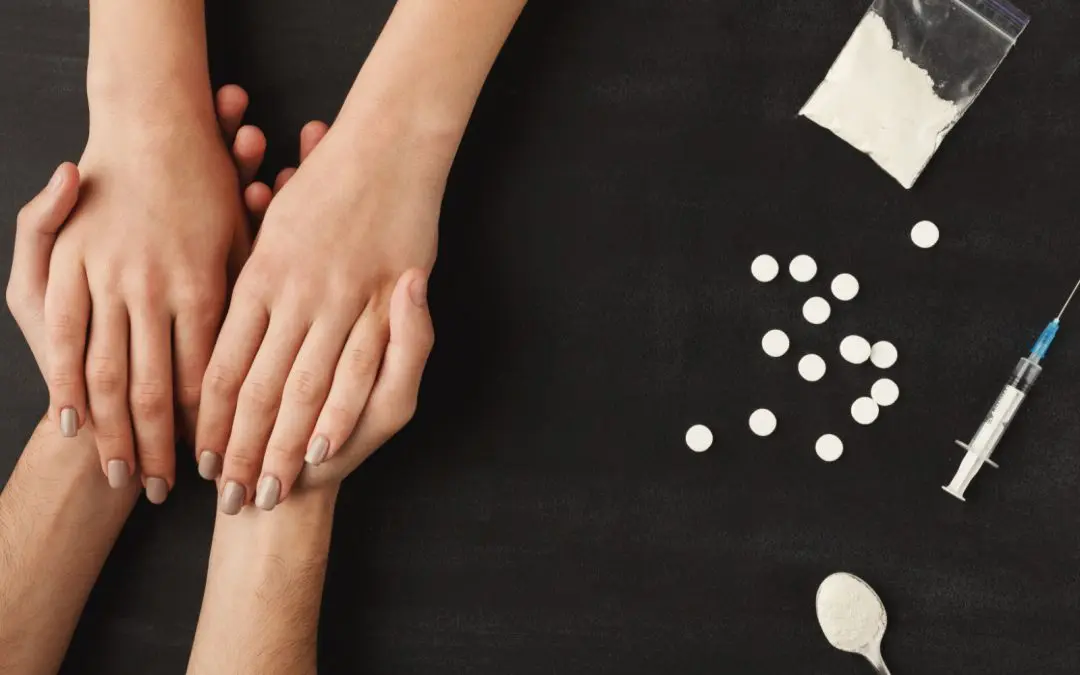24/7 Helpline:
(866) 899-221924/7 Helpline:
(866) 899-2219
Learn more about Depression Treatment centers in Deer Lodge County

Other Insurance Options

GEHA

MVP Healthcare

Humana

Regence

Health Partners

Kaiser Permanente

Molina Healthcare

Health Net

Holman Group

Optum

Anthem

Covered California

Magellan

Premera

Ambetter

Ceridian

WellCare Health Plans

BlueShield

Coventry Health Care

Aetna













Western Montana Mental Health Center – Deer Lodge County
Western Montana Mental Health Center – Deer Lodge County is a private rehab located in Anaconda, Mon...







